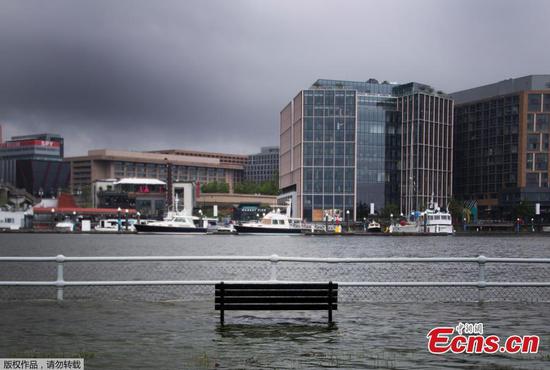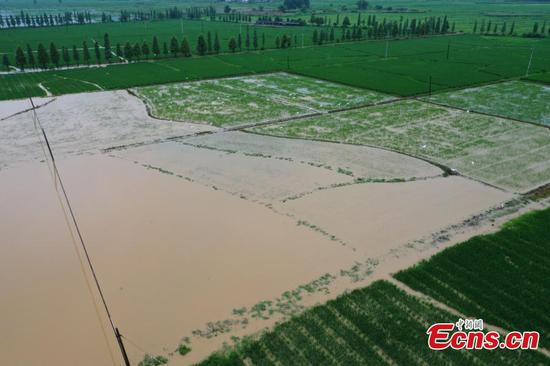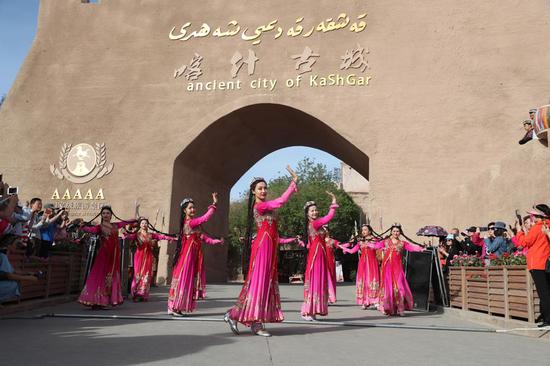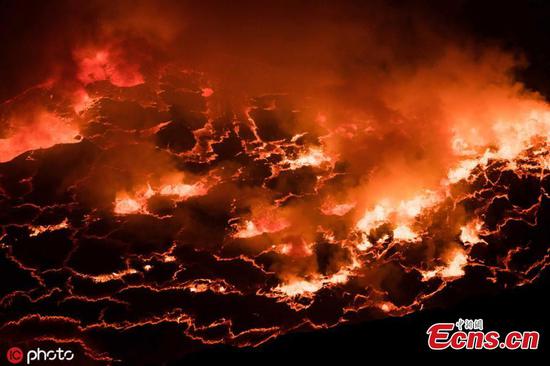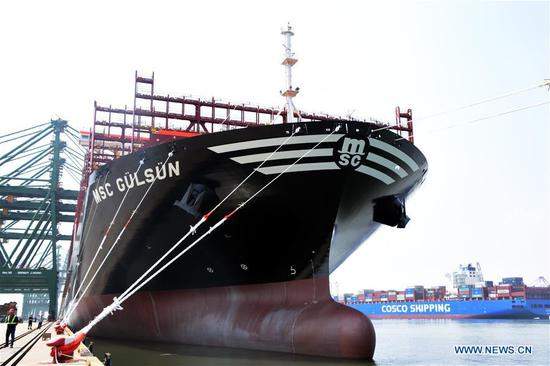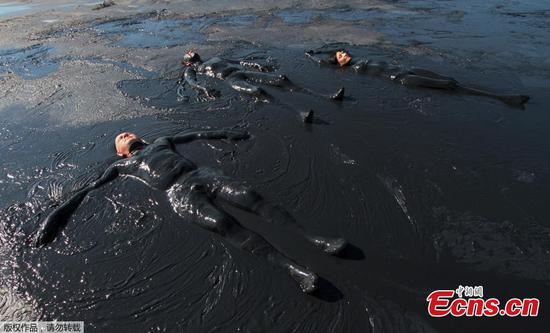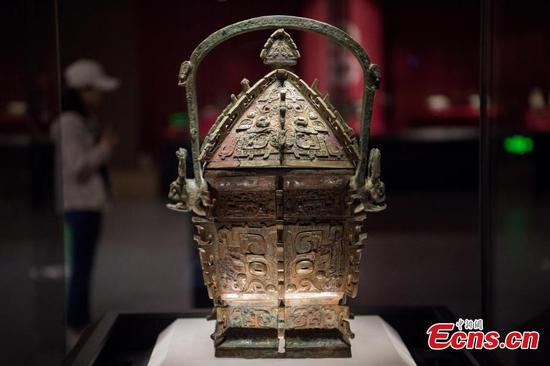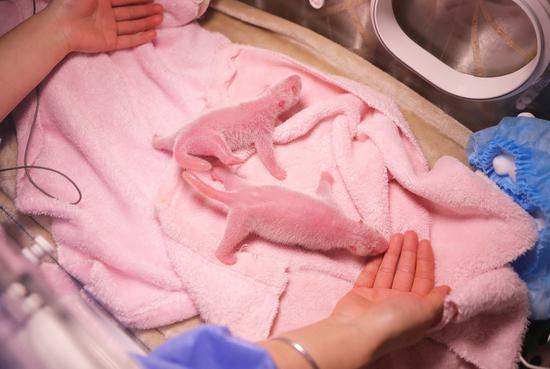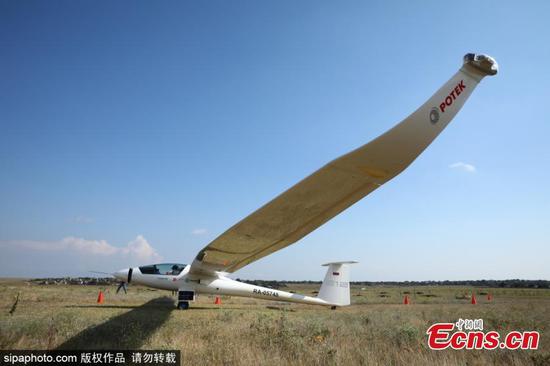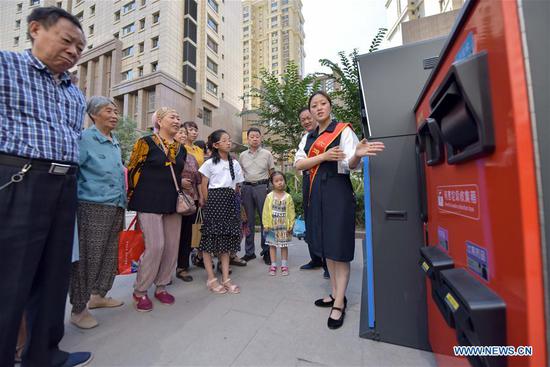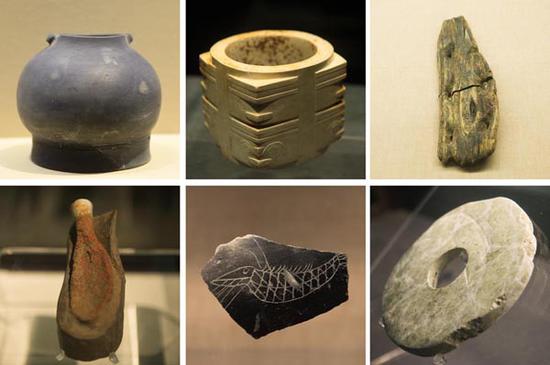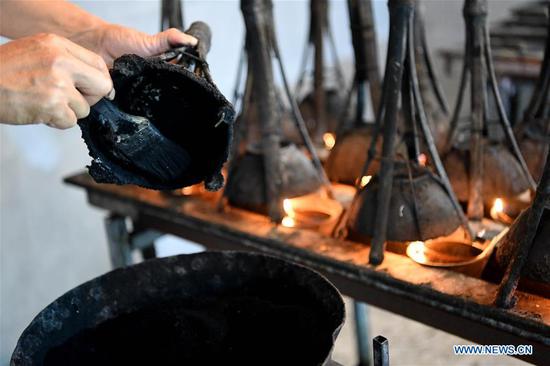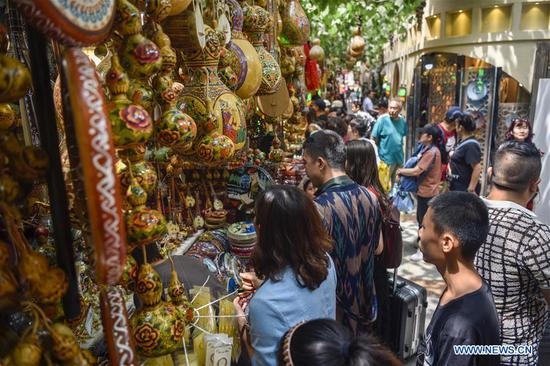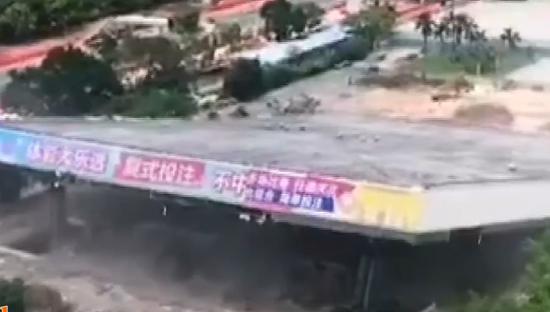Beijing is expected to see its average density of PM2.5 particulate matter go below 50 micrograms per cubic meter this year and reach the national standard for what's considered safe of 35 micrograms per cubic meter between 2030 to 2035, a senior air pollution control expert said.
He Kebin, an academician of the Chinese Academy of Engineering and dean of Tsinghua University's School of Environment, made the comment on the sideline of the two-day 2019 Beijing International Forum for Metropolitan Clean Air Actions-Clean Air and Climate Change, which concluded on Tuesday.
Beijing made marked progress in air pollution control in the past 20 years, largely as a result of the local government's efforts. The average density of PM2.5 in the capital went down by 31.5 micrograms from 2013, reaching 58 micrograms in 2017. The local government's pollution control efforts contributed 65 percent of the decrease, He told the forum.
He said better management of coal-fired boilers, the shift from bulk coal to cleaner energy forms as a heating source and the upgrading of the industrial structure proved to be the most efficient ways to improve air quality in the capital during that time.
Collaborative efforts of nearby regions and favorable meteorological conditions contributed 23 percent and 12 percent, respectively, to the reduction of PM2.5, he added.
In 2018, the average concentration of PM2.5 in Beijing dropped to 51 micrograms per cubic meter.
As particulate matter falls below 50 micrograms, measures necessary for improving air quality may have to change as different pollutants may emerge as important factors, He said during a media interview.
Beijing's environmental authority reported that the average PM2.5 density in the capital was 46 micrograms per cubic meter during the first six months of this year.
Recent research has shown that formaldehyde, a gas that previously was considered a problem mainly in indoor pollution, now is a bigger concern for outdoors because it contributes to chemical reactions that produce smog. "I think we need to draft a list that includes major formaldehyde emitters that will help set explicit targets for air pollution governance during the next step," he said.
Progress in upgrading energy consumption and collective action in the entire Beijing-Tianjin-Hebei province cluster play an important role in the anticipated further reduction of PM2.5 density in Beijing to the national standard of 35 micrograms per cubic meter between 2030 to 2035, he said.
Yang Bin, vice-mayor of Beijing, said the forum helps with sharing achievements and experiences among regions and cities in tackling air pollution and climate change.
"We need the wisdom of the world's major cities to solve Beijing's ecological and environmental problems, and at the same time, we are willing to share Beijing's story and contribute Beijing's experience to provide a reference for more cities, especially in developing countries," he said, addressing the opening ceremony.











